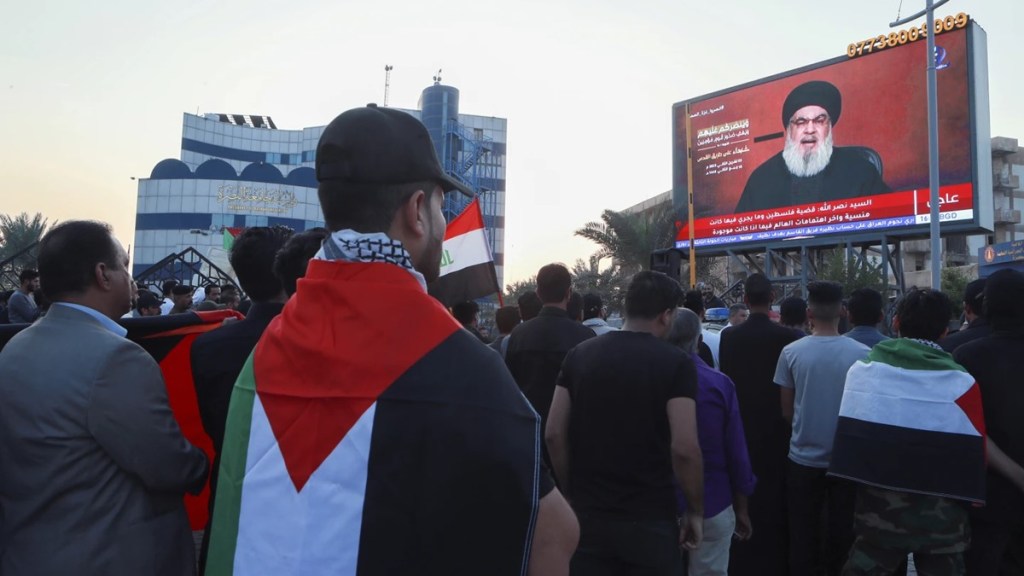Lebanese militia Hezbollah announced last week that its leader, Hassan Nasrallah, would deliver his first public speech since the outbreak of the Israel-Hamas war, much of the region held its breath. This has mystified the world that, Iranian-backed Hezbollah, the Arab world’s most powerful paramilitary force, Will continue its limited exchanges of fire with Israel or throw itself wholeheartedly into the war.
Hezbollah is a Shiite Muslim group and a key ally of Iran in the Middle East. It was founded in 1982 to fight Israel’s occupation of southern Lebanon, which ended in 2000. It also fought a war with Israel in 2006, becoming stronger and more influential in Lebanon. However, it faces criticism from some Lebanese who oppose its armed role and its ties to Iran.
Who is Hassan Nasrallah?
Nasrallah has been the leader of Hezbollah since 1992. He is one of the most powerful and popular figures in Lebanon and the region. He is admired by many for his resistance to Israel, but also challenged by others who accuse him of serving Iran’s interests. He lives in hiding, fearing Israeli assassination, and speaks from secret locations. He is also known for his pragmatism and political skills.
Hezbollah’s status and influence
Hezbollah is a powerful Iranian-backed militia in the Arab world, with a large stockpile of missiles and a strong presence in Syria, Iraq, Yemen, and Lebanon. It is like a “big brother” to other Iranian-backed groups, such as Hamas.
Hezbollah’s ties with Hamas
Hezbollah and Hamas are both enemies of Israel, but they have different origins and doctrines. Hezbollah is Shia and Hamas is Sunni. They had a rift over the Syrian war, but they reconciled in recent years. Hamas relies on Iran and Hezbollah for financial and military support, and some of its leaders live in Lebanon under Hezbollah’s protection.
Hezbollah’s dilemma
Hezbollah faces a dilemma in the current Israel-Hamas war. It wants to show solidarity with Hamas and deter Israel from invading Gaza, but it also wants to avoid dragging Lebanon into a war that could worsen its economic and political crisis. Hezbollah has been firing rockets and sending drones across the border, but it has not fully intervened in the conflict. It has warned Israel that it will face a regional war if it does not stop the attacks on Gaza. However, if Hamas collapses, Hezbollah may have to step in to save its ally and Iran’s interests.


